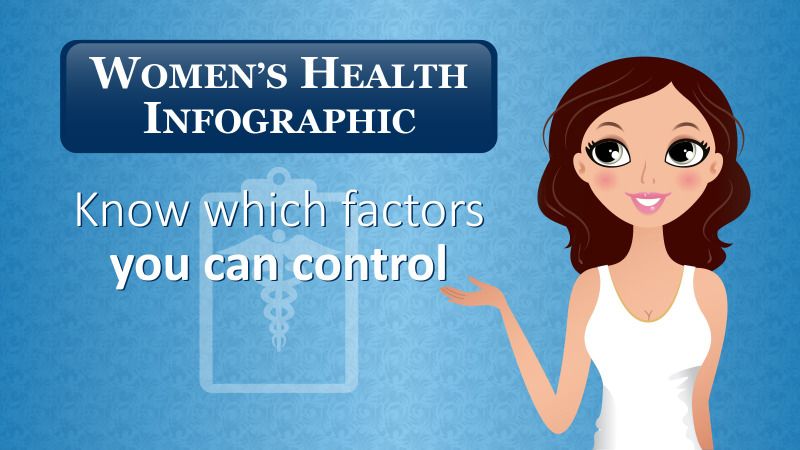In today’s society, the importance of women’s health has gained significant attention. Women face unique health challenges throughout their lives, from puberty to pregnancy and menopause. Understanding common female health issues is crucial for promoting wellness and empowering women to make informed decisions about their health.
Hormonal Imbalances
One of the most prevalent female health issues is hormonal imbalances. Hormones play a vital role in regulating various bodily functions, from reproduction to metabolism. Conditions such as polycystic ovary syndrome (PCOS) and endometriosis can lead to hormonal imbalances, causing symptoms like irregular periods, acne, weight gain, and mood swings. Identifying and treating these imbalances is vital to maintaining overall health.
Reproductive Health
Reproductive health encompasses a wide range of issues, including menstrual problems, fertility, and sexually transmitted infections. Menstrual problems, such as heavy or painful periods, can significantly impact a woman’s quality of life. Fertility issues, such as infertility or difficulty getting pregnant, require careful assessment and often involve medical interventions. Additionally, practicing safe sex and regular screening for sexually transmitted infections are crucial for maintaining reproductive health.
Osteoporosis
Osteoporosis is a condition characterized by weak and brittle bones. Women are at a higher risk of developing osteoporosis compared to men due to hormonal factors. Calcium and vitamin D intake, weight-bearing exercise, and regular screenings are essential for preventing and managing osteoporosis. Early detection and intervention can mitigate the risk of fractures and maintain bone health.
Breast Health
Breast health is vital for women of all ages. Breast cancer is one of the most common cancers among women. Regular self-examinations and mammograms are essential for early detection. Breastfeeding, a natural process benefiting both mother and child, promotes breast health by reducing the risk of breast cancer and other health complications. Understanding breast changes and being proactive about breast health is key to maintaining overall well-being.
Mental Health
Women are more likely to experience mental health issues such as depression and anxiety. Biological, hormonal, and socio-cultural factors contribute to these higher rates. Seeking help when needed, engaging in self-care practices, and having a strong support network are essential for managing mental health conditions. Raising awareness about mental health and eliminating societal stigmas associated with seeking help are important steps towards ensuring women’s well-being.
Conclusion
Understanding common female health issues is crucial for promoting overall wellness. By recognizing and addressing hormonal imbalances, reproductive health concerns, osteoporosis, breast health, and mental health challenges, women can take proactive steps towards maintaining their well-being. Regular screenings, healthy lifestyle choices, and seeking professional help when necessary can empower women to lead healthy and fulfilling lives.

